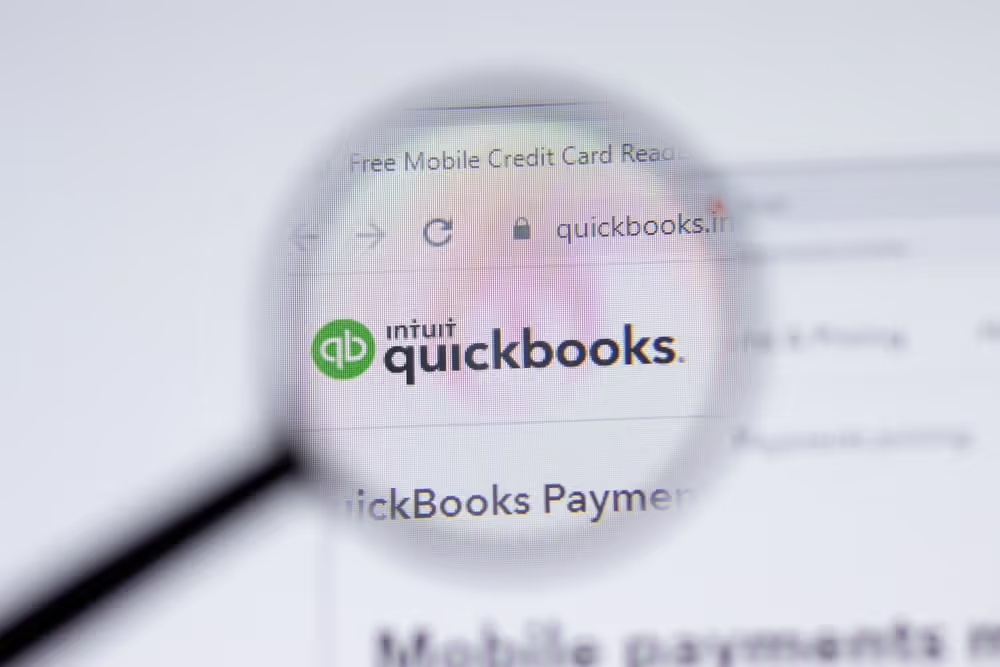Why You Might Consider Opting Out of Child Tax Credit Payments
Advance child tax credit payments from the IRS began last month, with the second round scheduled to hit bank accounts soon. On the surface, taking the advance payments for the recently expanded child tax credit might seem like a no-brainer for most parents. After all, why would you say no to a monthly check that provides you with additional money for taking care of your children? But the advance payments aren’t exactly the free payday you might think them to be. Keep reading to learn more about what these advance payments are, and why some parents might want to consider opting out of them.
An Advance on Your Existing Tax Credit
The fact of the matter is, every parent will receive the child tax credit, regardless of whether or not they unenroll from the monthly payments. The difference is simply related to exactly when you’ll be receiving that benefit. Those who don’t opt out will obviously receive those monthly checks; those who do opt out will receive their tax credit when they file their tax returns.
So, if you’re receiving those monthly payments, you should expect a lower tax refund or, possibly, a higher tax bill than normal when you file in 2022. This leads us into a few reasons why you might want to consider opting out.
Your Income Increased from Last Year
The IRS will determine the exact amount you receive in your child tax credit using your 2020 or 2019 tax return (whichever was filed most recently). If your income has increased from that recently filed tax return, you may qualify for less than what the IRS gives to you in those advance payments, or you may not qualify to receive a child tax credit at all. You would then have to report any excess amount you received, which could further reduce your refund or increase the amount you owe.
It is worth noting that the IRS has certain protections in place that will prevent many recipients from having to repay those overdue amounts (more on that below). However, some may have to repay a portion or the entirety of any extra funds they received in those advance payments. If you’re not required to repay the amount, at the very least, you will be taxed on that income as mentioned above.
You Have Fewer Dependents than Last Year
The American Rescue Plan that expanded the child tax credit also allowed it to be applied to 17-year-old dependents, when it previously only applied to children up to the age of 16. However, if you have fewer dependents this year than on your 2019 or 2020 tax return, it may be worth opting out to avoid those increased tax bills we mentioned earlier.
If you don’t want to opt out, but you do have fewer dependents this year, you can instead adjust your dependent information on the IRS’s portal to ensure you receive the proper amount for your future payments.
You Don’t Qualify for Repayment Protection
As we mentioned, the IRS does have protections for many filers so that you won’t have to pay back your excess child tax credit payments. However, those protections phase out above a certain income level. If you’re above those thresholds and don’t qualify for full repayment protection, it’s a good idea to opt out of advance payments to protect yourself from having to pay back excess amounts you were given.
How do you know if you’ll have to repay any excess child tax credit payments? To qualify for the IRS’s full repayment protection safeguard, your main home must have been in the US for more than half of 2020 and your 2021 modified adjusted gross income must be at or below the following thresholds:
- $40,000 for individual filers
- $50,000 for heads of households
- $60,000 for joint filers
If you earn above these thresholds, you don’t qualify for full repayment protection, but you may only be required to make a partial repayment, provided your modified adjusted gross income falls under these thresholds:
- $80,000 for individual filers
- $100,000 for heads of households
- $120,000 for joint filers
If you earn above these thresholds, you won’t qualify for any repayment protection and will be expected to pay back any excess amount you were given in those advance payments.
The advance child tax credit payments will be beneficial to many families, but they’re not necessarily the best option for everyone. If you’re uncertain whether or not you should opt out of the advance payments, contact us and we’ll discuss it with you. If you want to opt out or need to update your information with the IRS to ensure you receive more accurate advance payments, you can use the Child Tax Credit Update Portal.
%20(1).avif)
Peter Demian is a highly-rated CPA specializing in accounting and tax services for individuals and businesses across 49 states. He offers expertise in tax strategies and assistance with IRS settlements.


.svg)





